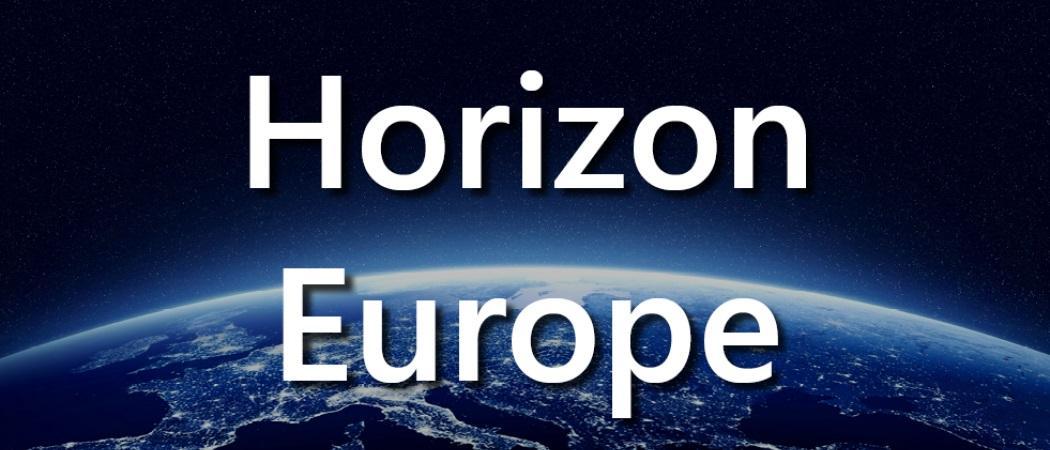European Commission is updating plans for public-private research partnerships as part of Horizon Europe, including blueprints for new projects proposed by member states

Public-private research projects, including newly agreed efforts on water transport, smart cities and antimicrobial resistance, are taking shape, with the European Commission publishing more detailed plans for 26 of what may eventually be about 50 consortia.
The aim is that most of the partnerships are ready to start by next January, as part of the R&D programme, Horizon Europe. Collectively, they will spend about €20 billion over the next seven years.
The plans detail progress on defining the scope and goals of partnerships, which were first proposed in 2018. At that point there were complaints from member states that proposals were too sketchy, and pointing to a muddled approach across six projects addressing transport, plus a lack of support for the culture and creative industries sector.
Based on the feedback, the commission has fleshed out plans for 26 of the partnerships, with the rest of the proposed projects still to be revised.
In transport, the commission has released a plan for each of six partnerships, covering rail, air traffic management, aviation, automated driving, zero-emission road transport and water transport. In addition, two related partnerships in clean hydrogen and batteries will work on reducing carbon emissions, across the piece.
While the revised proposals describe expected synergies, it is not clear how the partnerships are expected to work together to transform transport. Further clues may come at a later stage when different aspects of the partnerships are harmonised, with the aim of simplifying the overall landscape of the public-private research projects.
The commission has added five projects to the list of 44 published in 2018, after dissatisfied member states put forward proposals for 25 more consortia, to fill in perceived gaps.
One of the new partnerships, Driving Urban Transitions, will address challenges facing cities as they transition to greener, circular, carbon neutral economies. This partnership will contribute to the Horizon Europe mission on climate neutral and smart cities, one of the five big research programmes, which has the goal of creating 100 carbon neutral cities by 2030.
The partnership plans to build on its predecessor, the joint programming initiative Urban Europe. The commission estimates the budget will be around €30 – €40 million per year, of which national and regional investments of around €20 – €30 million per year will be needed.
As an addition to transport cluster (or the mobility cluster as the commission refers to it), a new industry partnership will work on zero emissions water transport. This will develop new green approaches fuelling vessels and also draw up new regulations for waterborne transport.
The partnership will build on the Waterborne Technology platform, an association made up of industry and academic partners, and will require around €5.5 billion over seven years to fulfil its objectives.
A third partnership in antimicrobial resistance is due to launch in 2023, with a brief to overcome fragmentation in the antimicrobial resistance research landscape. There are no details as yet on how it will function.
A fourth proposal involves the formation of a cultural and creative industries knowledge and innovation community (KIC) in the European Institute of Innovation and Technology, to bring together SMEs and universities in support of the sector, which has been severely hit by COVID-19 lockdowns.
The new KIC is intended to answer member states’ complaints about the lack of creative industries representation in the initial partnerships list. The plan is not public yet, but the launch is set for 2023.
A fifth addition to the list, the Geological Service for Europe, remains a mystery, with no plan for the partnership publicly available. One report from December says the aim is to integrate national services, to coordinate geoscientific research and innovation.
When all 49 plans are updated, the commission will check they fulfil the selection criteria for European partnerships. If they are ready to roll, industry and member state partners will then sign up to participate.
This stage was supposed to be completed in June 2020, but the Horizon Europe timeline has been pushed back due to the prolonged budget negotiations, which finally delivered a deal last week. Now, the new budget must be approved by the parliament.
Once the budget is set, Horizon Europe legislation can be finalised, after which full details of the partnerships will be confirmed. This can be expected sometime after the summer.





 A unique international forum for public research organisations and companies to connect their external engagement with strategic interests around their R&D system.
A unique international forum for public research organisations and companies to connect their external engagement with strategic interests around their R&D system.